SUSTAINABILITY

Tuscany is a land of rolling hills, forests, rows of cypress trees and olive groves. We have our share of all these things and are delighted to be part of this picture-perfect landscape.
Farming on this beautiful hillside requires an understanding of our role as custodians of the natural environment and our duty to leave it as we found it, or perhaps even better! When we acquired Tenuta Cappellina, chemical fertilizers and pesticides were used on the estate, as is the case with most farms. A decade of working in the vineyards using sustainable organic farming methods has removed all traces of chemicals and you will now find a haven for wildlife, both in the rewilded areas of the estate and among the vines of the vineyard.
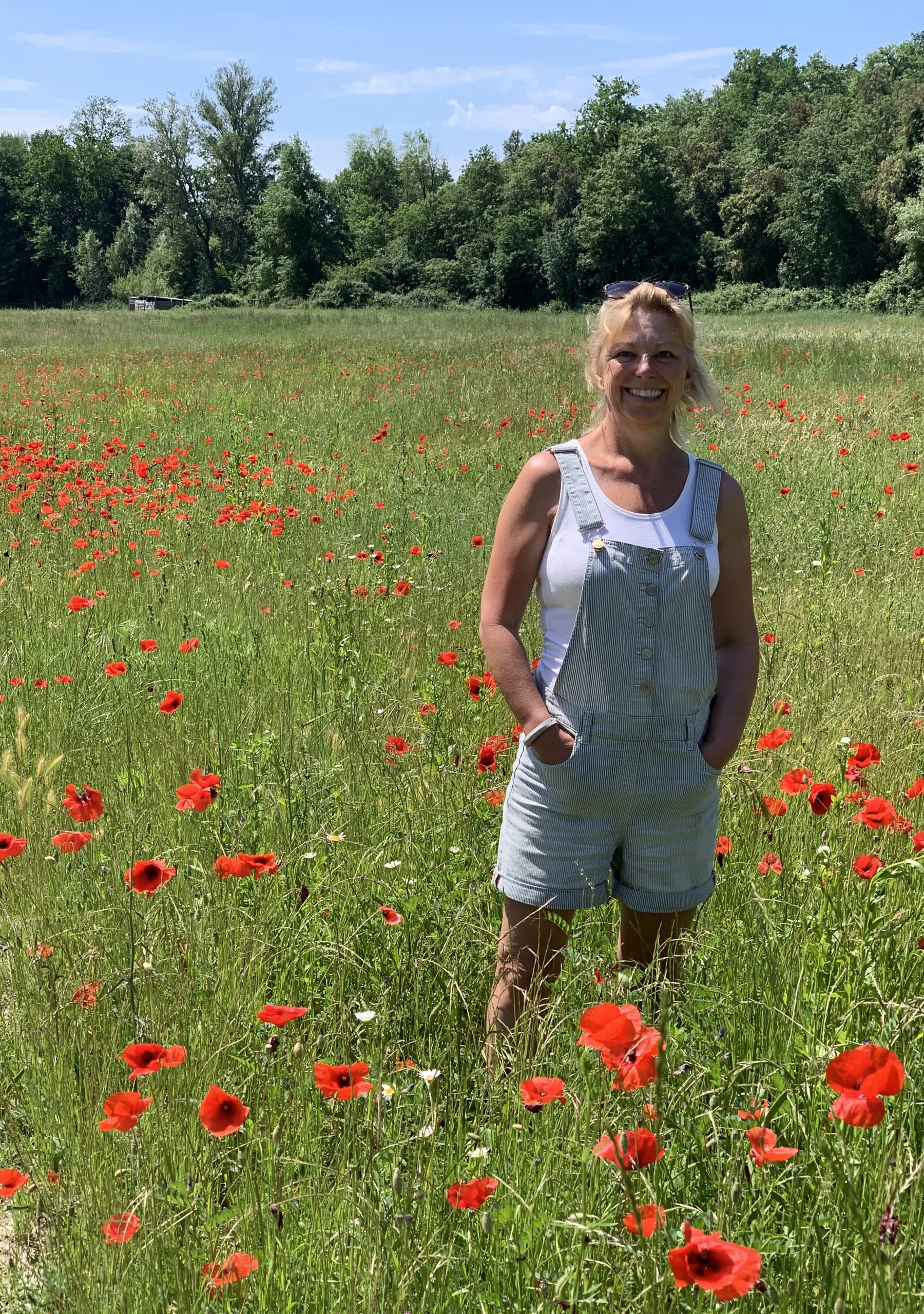
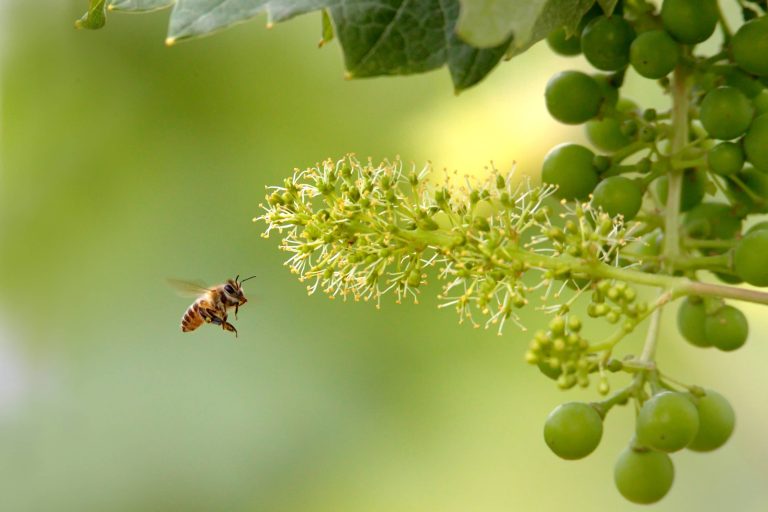

SUSTAINABILITY
IM WEINBERG
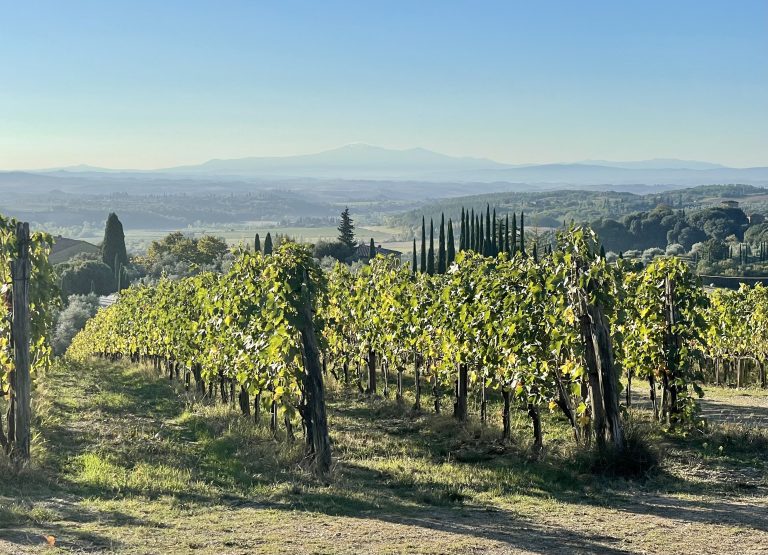
We place great importance on the natural balance. Sustainable, necessary agricultural measures combined with natural regeneration are our top priority. We monitor all of our vineyards to ensure a healthy environment for beneficial insects and wildlife. The soil is regularly tested to ensure the right nutrient levels for the health of our vines. Cover crops sown between vines improve the soil and promote biodiversity. Where we find poor soil quality, we use cow manure from local organic farms to fertilize the soil and promote soil quality.

CONSERVING SCARCE RESOURCES
The complexity of the flavours of each wine can be traced back to the terroir in which the wine is grown. We deliberately do not irrigate our vines. This allows the vines' roots to grow deep into the soil where mineral deposits formed millions of years ago influence the style and flavours of the wines. In contrast, in the winery we use a lot of water. This is needed for washing and maintaining a clean environment. During the summer months we also water the estate's beautiful gardens.
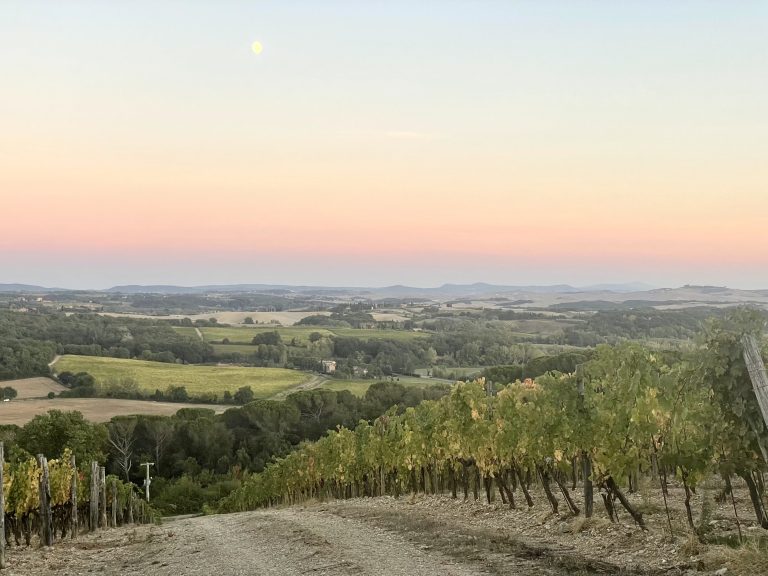
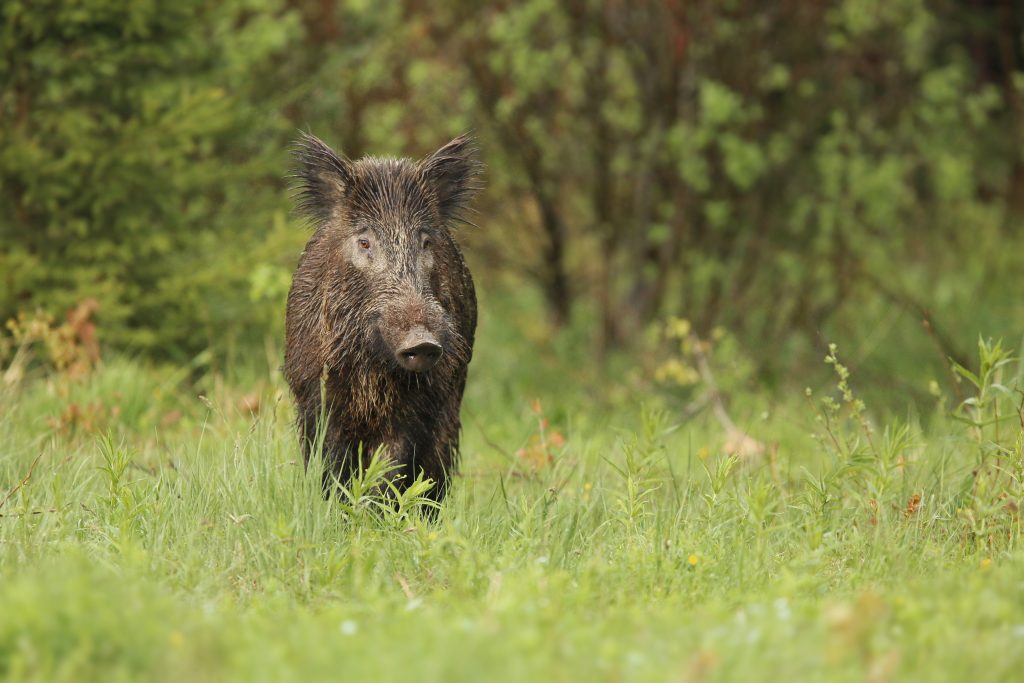
NATURAL FOREST
In recent years we have ensured that our forests are once again developing into a more natural thicket. Wild boars, deer, porcupines, sand martins, squirrels and wolves find their habitat here.

